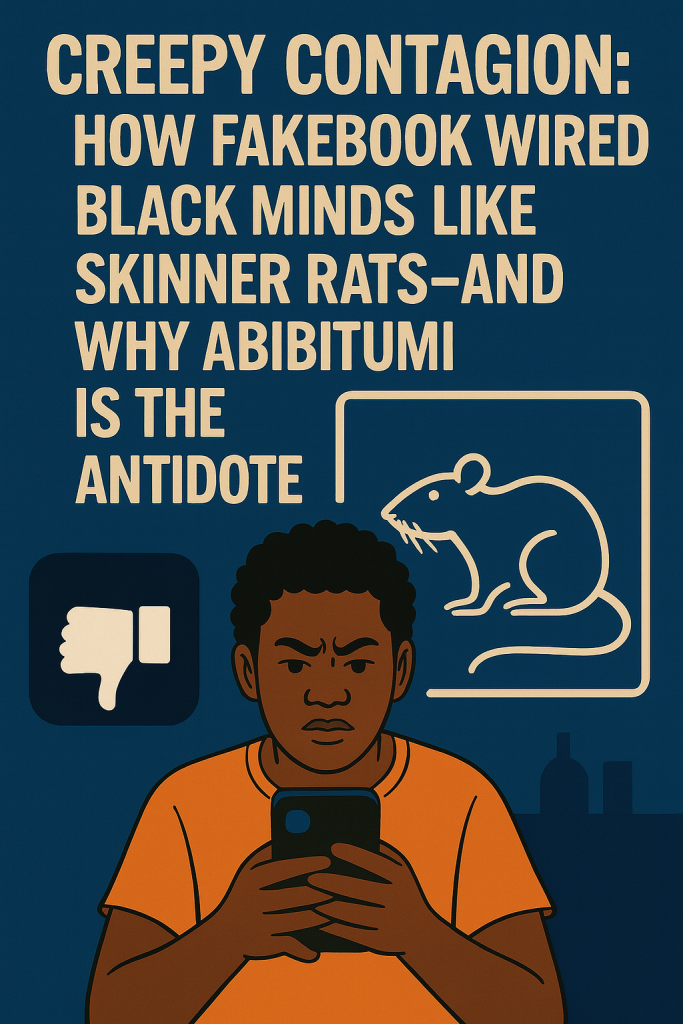The Importance of Beekeeping to the Liberation of Afrikan People
Introduction
Beekeeping, or apiculture, has deep roots in the history and culture of Afrikan people, dating back to Ancient Kmt (Egypt). This essay explores the significance of beekeeping to the liberation of Afrikan people, examining its historical context, cultural symbolism, and economic potential. By understanding these aspects, we can see how becoming a master beekeeper in Techiman, Ghana, can empower and uplift rural communities, contributing to the broader liberation of Afrikan people.
Historical and Cultural Significance of Beekeeping in Ancient Kmt
Beekeeping in Ancient Kmt dates back to around 2686–2181 BCE, with the earliest depictions found in the Sun Temple of Nyuserre Ini, a pharaoh of the Fifth Dynasty. This practice is crucial as it predates contact with Eurasian people, highlighting a unique and indigenous relationship with bees. For the Ancient Kmt people, beekeeping was more than a practical activity; it was a symbol of unity and power. The bee was an emblem of Lower Egypt, representing the pharaoh’s authority over the region. The pharaoh’s title, “He of the Sedge and the Bee,” symbolized the unity and balance between Upper and Lower Egypt.
Honey and bees also held significant symbolic value. Honey was used as offerings to gods and in religious ceremonies, reflecting its sacred status. This historical context shows that beekeeping was integral to the spiritual and societal fabric of Ancient Kmt, emphasizing the importance of unity, strength, and resilience—values essential to the liberation of Afrikan people today.
Lessons from Ancient Kmt and the Symbiotic Relationship with Bees
Bees naturally unify to survive, combining hives when queenless or absconding with a weak queen to form a stronger collective. This natural process mirrors the need for unity among Afrikan people. By uniting, Afrikan communities can become stronger and more resilient against common challenges, much like bees. This lesson from nature underscores the importance of solidarity and cooperation in the struggle for liberation.
Moreover, beekeeping teaches patience, diligence, and respect for the natural world. These values can inspire Afrikan people to work together harmoniously, respecting each other for their different roles and contributions to the collective wellbeing.
Economic Impact of Beekeeping in Techiman, Ghana
Techiman, Ghana, offers a prime example of how beekeeping can transform a community. By becoming master beekeepers, Afrikan people can create a sustainable source of income through the production of honey and beeswax. Providing beehives to rural farmers not only boosts their income but also promotes agricultural sustainability by improving pollination.
Honey and beeswax can be sold locally and internationally, generating revenue and creating job opportunities. This economic empowerment is crucial for liberation, as it reduces dependence on external aid and fosters self-sufficiency. Additionally, the skills and knowledge gained from beekeeping can be passed down through generations, ensuring long-term benefits for the community.
Conclusion
Beekeeping is more than just an agricultural practice; it is a pathway to liberation for Afrikan people. By embracing the lessons from Ancient Kmt and fostering unity and economic independence through beekeeping, Afrikan communities can strengthen themselves against common adversities. In Techiman, Ghana, becoming master beekeepers can significantly enhance the local economy and contribute to the broader goal of Afrikan liberation. By uniting and working together, much like bees, Afrikan people can build a stronger, more resilient future.
Reflection Questions
- Why is beekeeping important to the liberation of Afrikan people?
- What lessons can we learn from the way Ancient Kmt people thought about bees?
- How does beekeeping impact the lives of people today?
- What is the significance of the bee in Afrikan culture?
- How can you apply the lessons learned from beekeeping to help Afrikan people?




We give thAnkhs.
Appreciate the post!
Thank you Kwadwo My brother!!!!!!